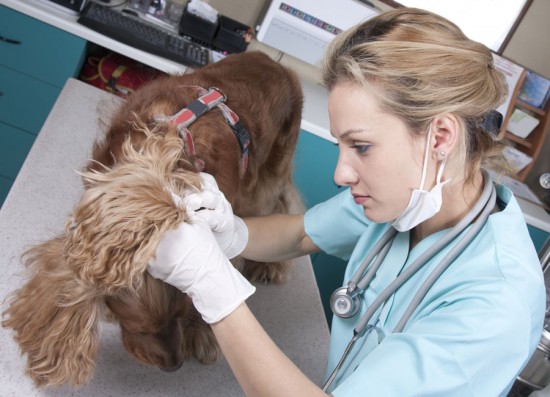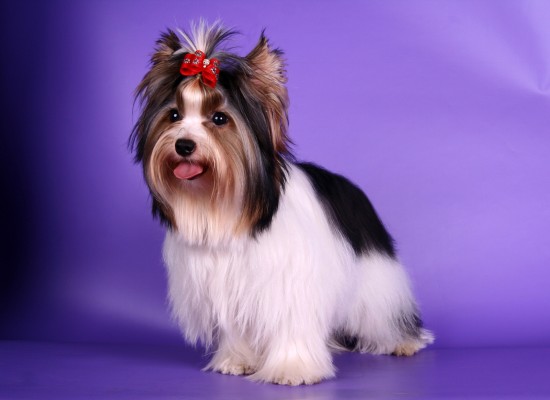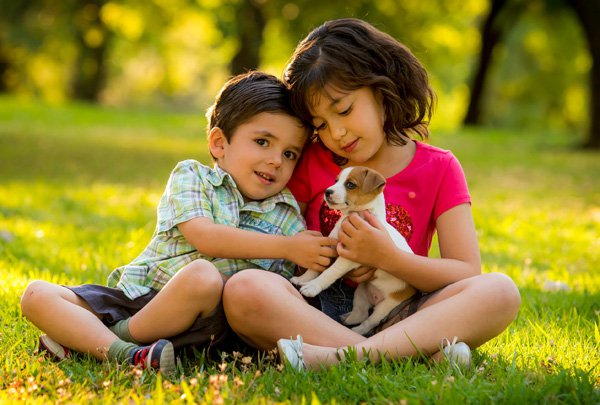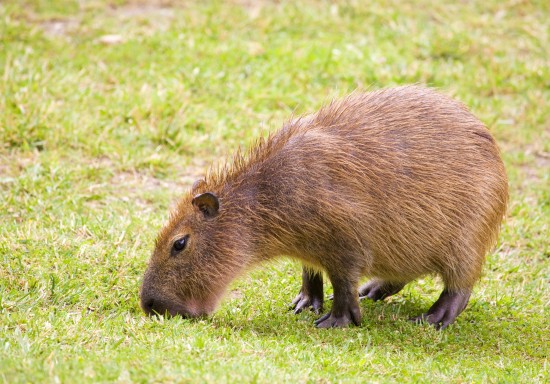
Selective breeding works. The odds are your puppy will closely resemble his parents and grandparents in temperament and abilities. So the best way to pick a pup is to pick the litter. If you had the time and interest you could travel the country and hunt over or compete against potential sires and dams, but this isn't necessary. Titles from a testing program that you recognize and respect allow you to evaluate a dog without actually seeing it.
FC and AFC are the field champion and amateur field champion titles won in competitions sanctioned by the American Kennel Club. Canada's counterpart titles, the CFC and CAFC, are won in Canadian Kennel Club sanctioned trials. Check out the AKC and the CKC on the web.
NFC is the National Field Championship title awarded to one dog each year at the National Open. NAFC is the National Amateur Field Champion title.
The Junior Hunter, Senior Hunter, and Master Hunter titles are noncompetitive titles earned in the AKC hunt test program.
Beginner, Started, Intermediate, and Senior are noncompetitive titles awarded by the North American Hunting Retriever Association. You can read more about them on line.
The United Kennel Club has its own program for testing and proving hunting retrievers. You can read more about them on line.
Health Concerns
Learn what physical problems associated with your breed have a genetic component and which of these can be tested for in the parents. Hips, elbows, eyes, and hearts are all susceptible to genetic disorders that can be tested for. Learn about the clearances normally sought for breeding stock of your chosen breed.
The Orthopedic Foundation for Animals gives clearances for hips, elbows, and hearts and for thyroid function. Read about them at the OFA web site.
You Picked the Litter, Now What?
The most important things. Pick a healthy pup from the litter. I don't choose the biggest and I don't want a shy pup.
One or two pups? Don't try to raise two pups from the same litter. One is always top dog and one is always being put down. Neither situation is the best for raising a companion and training partner.
Picking out a pup. A few programs evaluate puppy temperament and some are valuable. None are better than the skill of the individual tester. If you are picking, be sure to look at the litter for a few minutes to see if any group dynamics stand out.
Then get the pups out one at a time to evaluate them. Your breeder has probably seen the pups in many different situations on many different days. If they have experience picking pups for the work intended, don't be afraid to ask for their recommendation. Sometimes you will not get to pick. Some breeders insist on picking for each buyer and sometimes all the picks will be sold before you get on the list for a litter. Don't worry! The best dog I ever owned was a leftover from a litter.
Puppy registration. Your breeder will give you an application form for individual registration of your pup. Don't lose this. They can be replaced but not easily.
Forms and contracts. Get a written copy of any health guarantees.
Return policy. Make sure your puppy comes with a short acceptance period to allow you time to have your vet exam the pup. Do it. Once you get your puppy home have him checked by your vet within the time allowed. Sometimes a vet will find a defect in a pup that is not visible or noticeable. This first exam can save you much grief and expense.
Resources on Raising Puppies
The first few months of your puppy's life are exciting and sometimes trying times. Remember, they do grow up eventually!
Take advantage of the good books available on raising pups. Many breeders recommend "The Art of Raising a Puppy," by the Monks of New Skete. "The New Knowledge of Dog Behavior," by Clarence Poffenberger, is a good read. You can find both books on line.
The old belief of allowing a dog to grow up until he is a year old before starting to train has been debunked. Your pup starts to learn things from the moment he is born; by 21 days' old his brain is functioning well. Try to introduce him to the environment and the work he will do before he is six months old and begin his formal schooling by six or seven months.
 Alopecia In Dogs - What To Do If Your Dog Is Losing His Fur
Alopecia In Dogs
Alopecia In Dogs - What To Do If Your Dog Is Losing His Fur
Alopecia In Dogs
 Health Issues Seen In The Biewer Terrier
Health Issues See
Health Issues Seen In The Biewer Terrier
Health Issues See
 Persian Cats And Hypertrophic Cardiomyopathy (hcm)
Hypertrophic Cardiomyopathy (HCM) is the most common for
Persian Cats And Hypertrophic Cardiomyopathy (hcm)
Hypertrophic Cardiomyopathy (HCM) is the most common for
 The process of moving to Singapore with dogs- what you need to know
The process of moving to Singapore with dogs- what you nee
The process of moving to Singapore with dogs- what you need to know
The process of moving to Singapore with dogs- what you nee
 Can You Keep A Capybara As A Pet?
Can You Keep A Ca
Can You Keep A Capybara As A Pet?
Can You Keep A Ca
Copyright © 2005-2016 Pet Information All Rights Reserved
Contact us: www162date@outlook.com